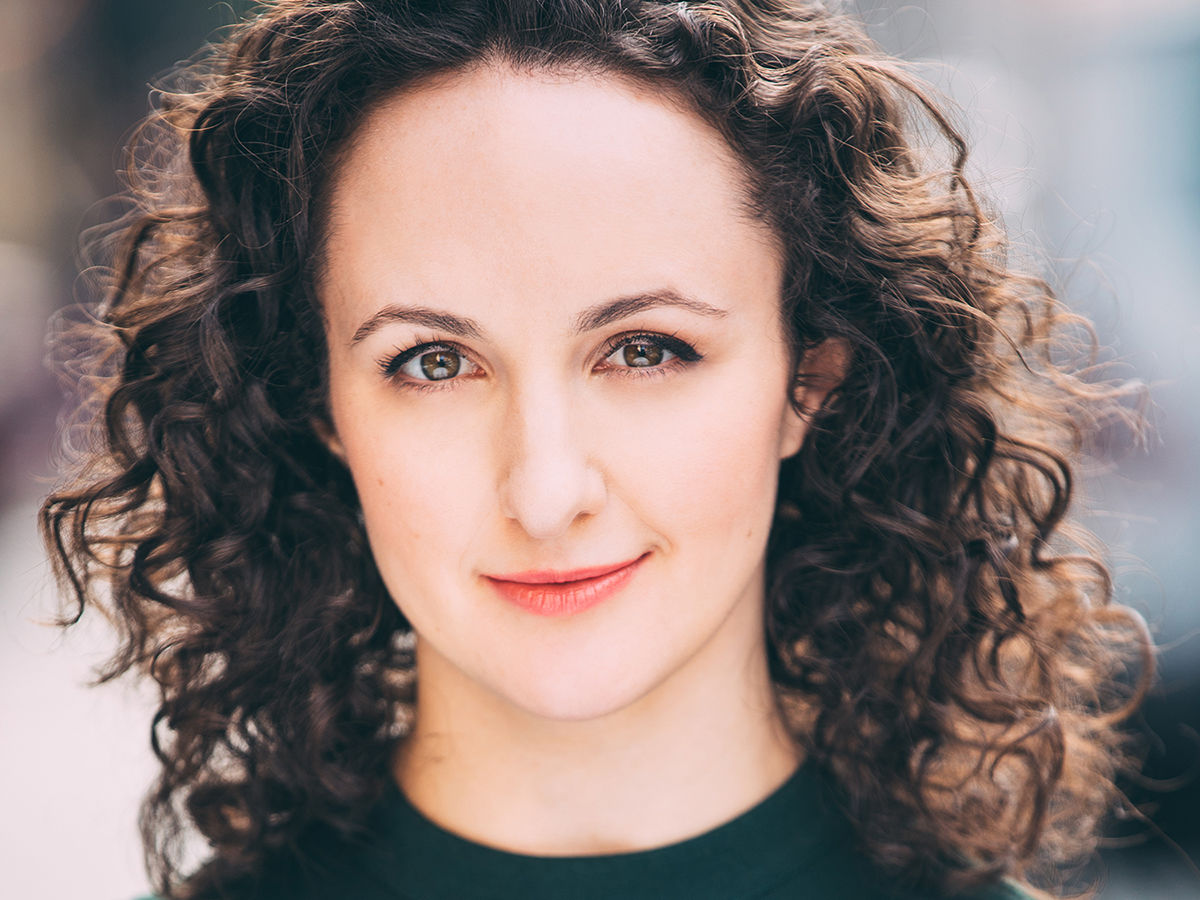Louisa May Alcott’s everlasting novel Little Women has been made over for generations—adapted for our big screens, small screens, and the stage. Now, Kate Hamill has written what is arguably the most contemporary spin to date on the March sisters’ coming of age.
The Wall Street Journal named Hamill Playwright of the Year in 2017, largely for her record of modernizing such timeless tales (Sense and Sensibility and Pride and Prejudice, to name a few). Following raved-about runs in Minneapolis, New York City, and Dallas last year, Hamill’s Little Women makes its West Coast premiere at The Old Globe March 14 through April 19. Here, she shares her stance on the original story, its characters—and the reason her remake may be the most radical to date.
Can you recall the first time you read Little Women?
I, like so many others, was given the novel as a rite of passage. It was my mother’s favorite book, and I was given it just before adolescence. The play is actually dedicated to my mom. When re-reading the novel with an eye toward adaptation, I was really moved by the wit and the depth of the relationships. It’s far more original and quirkier than how it’s often remembered.
Which March sister do you relate to the most?
I find parts of myself in each one of them, but the two that are closest are probably Jo and Meg. Temperamentally, I’m a bit of a Jo. And since she’s an artist, her arc is familiar. Meg’s perfectionism and self-criticism are deeply familiar to me, and I played her in the NYC run.
Why do you think we’re seeing new adaptations of this story now—your stage adaptation and Greta Gerwig’s film?
Well, it’s about family relationships, and the complexities therein. It’s a story of the transition from childhood to adulthood, and that’s fairly evergreen. I also suppose it’s in the air. Each generation tends to create a Little Women for themselves, and Gerwig and I are both attempting to explore that.
So, in what ways have you put a modern stamp on your adaptation?
I believe in radical adaptation—in bringing new lenses to old stories and approaching adaptation very much as a new play speaking to modern audiences, as a collaboration between myself and the original author. I feel like adaptations that bring nothing new to the table are doing a disservice to both the original and the play, which must stand by itself as a work of theater.
I specifically wanted my Little Women to reflect American women today. It is requisite that the play be cast in an inclusive fashion: No production of this play ever may be cast with all white actors; all young girls and women deserve to see themselves onstage in a universal story, particularly within the limitless imaginative bounds of theater.
And I very much wanted to create a Little Women that allowed LGBTQ+ youths and their families to know that there is and always has been a place for people all across the spectrum in stories. Alcott herself was likely not straight, and I believe that if she were here cowriting with me today, she’d be onboard. Jo’s story is reflective of that journey. And I think it’s a particularly evocative time to be exploring women’s lives against a country fraught with internal tensions.

Kate Hamill
PARTNER CONTENT
Photo courtesy of The Old Globe






















